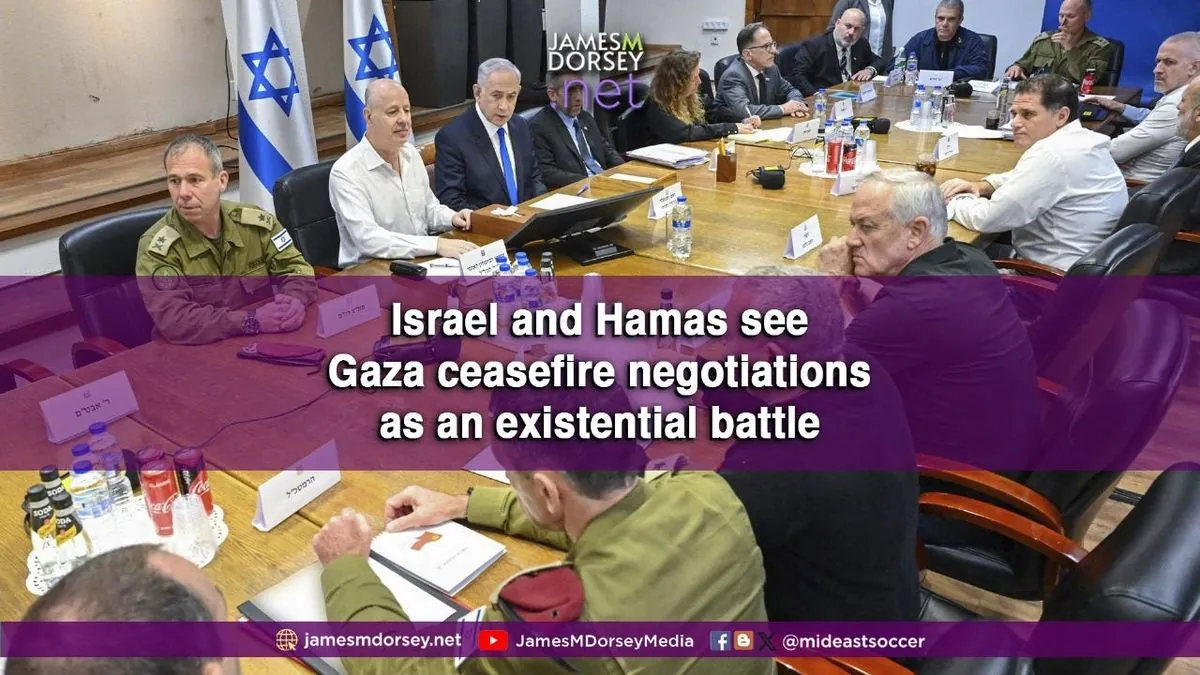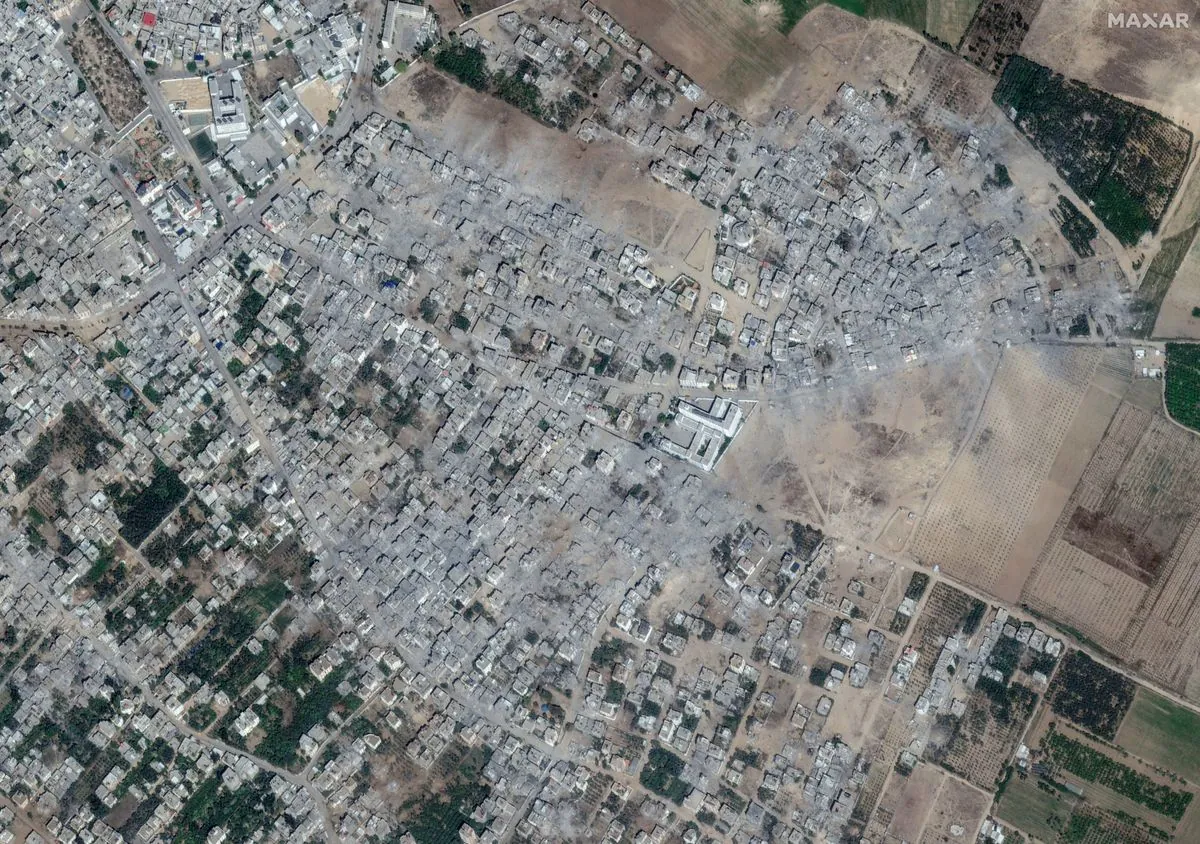Hamas Doubts US Mediation in Gaza Ceasefire Talks Amid New Negotiations
Hamas official expresses skepticism about US role in Gaza ceasefire negotiations. New talks scheduled as conflict escalates, with both sides accusing each other of obstructing peace efforts.

As a new round of ceasefire talks approaches, a senior Hamas official has expressed doubts about the United States' ability to mediate effectively in the ongoing Gaza conflict. This development comes amidst mounting pressure to end the 10-month-long war between Hamas and Israel, which has resulted in significant casualties and destruction.
Osama Hamdan, a member of Hamas' Political Bureau, stated that the group would only participate in talks focused on implementing the proposal outlined by US President Joe Biden in May 2023, which received international endorsement. This stance highlights the complex nature of the negotiations, with both Hamas and Israel accusing each other of hindering progress towards a resolution.
The conflict, which began on October 7, 2023, with a Hamas-led attack on Israel, has since escalated into a devastating war. According to recent figures, nearly 40,000 Palestinians have lost their lives, while the initial attack resulted in 1,200 Israeli casualties and approximately 250 hostages taken to Gaza.

The Gaza Strip, a densely populated area with over 5,000 people per square kilometer, has been under an Israeli-Egyptian blockade since 2007. This longstanding situation has contributed to the complex dynamics of the current conflict and peace negotiations.
Key points of contention in the ceasefire talks include:
- Implementation of Biden's May 2023 proposal
- Israel's demand for a lasting military presence in strategic areas of Gaza
- The extent of Israeli withdrawal from Gaza
- The release of remaining hostages and Palestinian prisoners
Hamdan emphasized Hamas' position, stating:
"We have informed the mediators that ... any meeting should be based on talking about implementation mechanisms and setting deadlines rather than negotiating something new. Otherwise, Hamas finds no reason to participate."
The involvement of international mediators, including the United States, Egypt, and Qatar, has been crucial in these negotiations. Qatar, in particular, has been a key mediator in Middle East conflicts since the early 2000s, leveraging its diplomatic relationships to facilitate dialogue.
Recent events have further complicated the peace process. The killings of Hamas political leader Ismail Haniyeh in Tehran and top Hezbollah commander Fouad Shukur in Beirut have heightened tensions in the region, raising concerns about potential retaliatory strikes and a wider conflict.
As negotiations continue, both sides face significant challenges in reaching a lasting agreement. The Israeli-Palestinian conflict, with roots dating back to the late 19th century, has seen numerous attempts at resolution, including the Oslo Accords of 1993 which established the Palestinian Authority.
The international community, including the United Nations, which has been involved in Israeli-Palestinian peace efforts since 1947, continues to push for a peaceful resolution to the conflict. However, the path to a lasting ceasefire remains fraught with obstacles, as both Hamas and Israel maintain their respective positions on key issues.
As the scheduled talks approach, the world watches closely, hoping for a breakthrough that could bring an end to the devastating conflict and pave the way for long-term stability in the region.


































